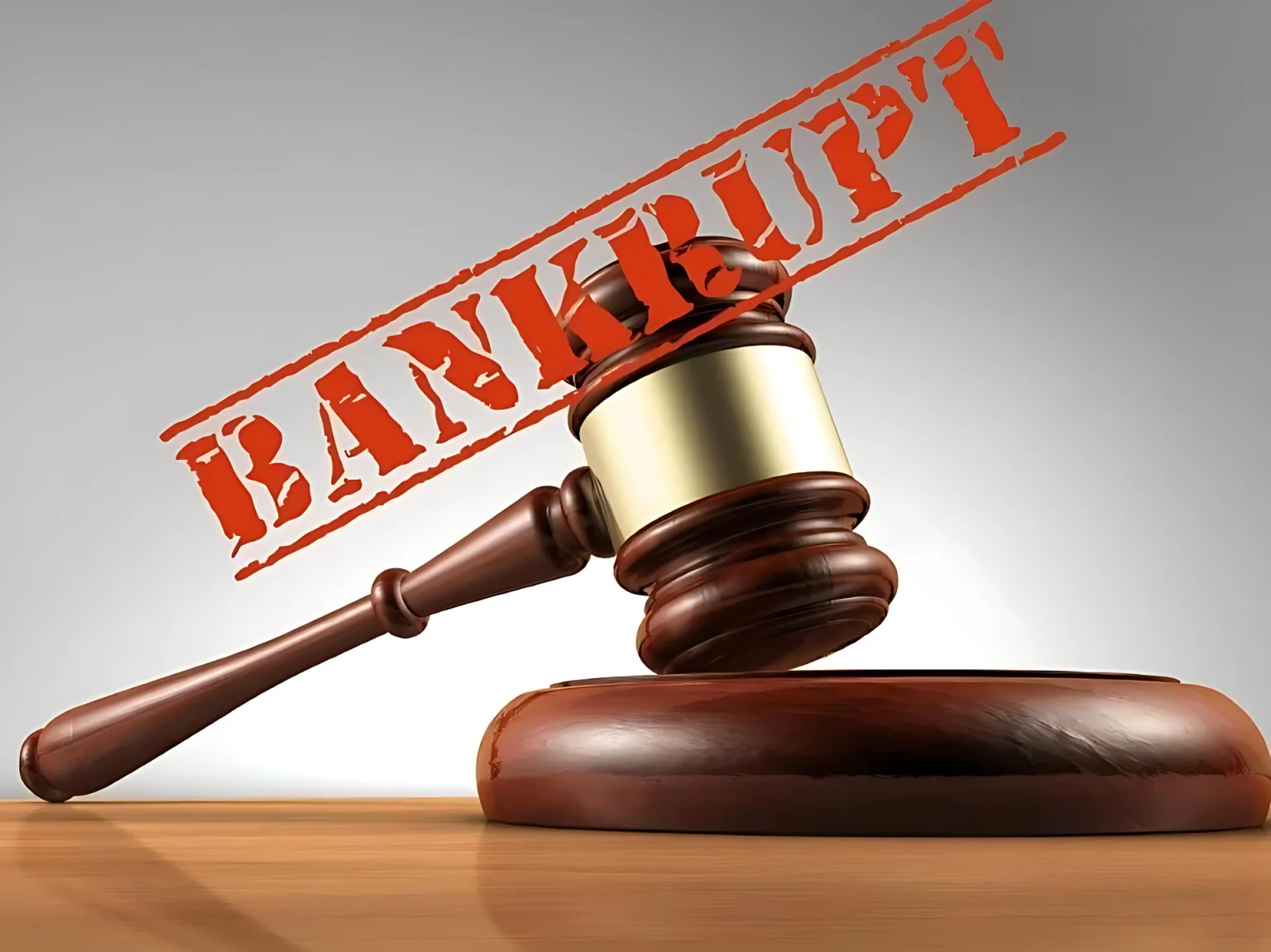- AFRINIC’s financial stability is under threat due to years of management issues.
- Legal disputes, including ongoing court cases, could lead to bankruptcy or insolvency.
Governance crisis and financial mismanagement
AFRINIC, the regional internet registry for Africa, is struggling with financial and legal challenges that threaten its future. For years, the organisation has faced internal governance issues, which have led to slow decision-making and strained relationships with stakeholders. As a result, AFRINIC has struggled to function effectively. Furthermore, ongoing legal cases, including lawsuits from former employees, have added to the organisation’s troubles. These issues have further complicated AFRINIC’s ability to address its financial problems.
Additionally, AFRINIC’s regulatory framework has come under heavy scrutiny. Legal experts argue that the organisation’s management practices do not meet required legal standards. This has raised significant concerns. Specifically, AFRINIC’s leadership has been criticised for not taking swift enough action to address its financial issues. As a result, the risk of bankruptcy continues to grow.
Also read: Cloud Innovation calls for AFRINIC wind-up
Potential impact on Africa’s digital ecosystem
If AFRINIC were to go bankrupt, it would have serious consequences for Africa’s digital ecosystem. AFRINIC is responsible for allocating IP addresses across the continent. Without a functioning AFRINIC, Africa could face a shortage of IP addresses, which would slow internet development. This would further hinder the growth of Africa’s digital infrastructure. In addition, AFRINIC’s collapse could undermine the continent’s role in global internet governance. Therefore, AFRINIC must remain operational to avoid such negative consequences.
Also read: AFRINIC staff violated obligations during 2025 election
Legal risks and regulatory challenges
In addition to financial troubles, AFRINIC is facing growing legal challenges. For instance, lawsuits from former staff and disputes over regulatory compliance have drained its resources. These legal battles have led to questions about AFRINIC’s ability to comply with national and international regulations. As a result, AFRINIC’s credibility is increasingly in doubt. Stakeholders are now demanding that the organisation resolve these issues quickly in order to prevent further damage.
Also read: AFRINIC elections 2025: ICANN is ‘inappropriate’, ‘unreasonable’ and ‘irresponsible’
The role of the receiver: A critical turning point
In an attempt to regain control, AFRINIC appointed a receiver to manage its recovery process. The receiver is responsible for overseeing the organisation’s governance and financial restructuring. However, AFRINIC members and legal experts have expressed doubts about the effectiveness of these efforts. It remains unclear whether the receiver’s actions will be enough to stabilise the organisation. Consequently, the decisions made by the receiver will be crucial in determining whether AFRINIC can recover or face further decline.
Also Read: AFRINIC election ‘fraud’? Where’s the evidence, and who will face justice?
Urgent need for financial restructuring and governance reform
Given AFRINIC’s financial situation, there is an urgent need for reform. Legal experts argue that AFRINIC must adopt clearer management practices and greater transparency to restore stakeholder confidence. Without such reforms, AFRINIC risks continued instability, which could ultimately lead to its bankruptcy. Therefore, AFRINIC must take immediate action to address these issues and prevent further damage to Africa’s internet infrastructure.

